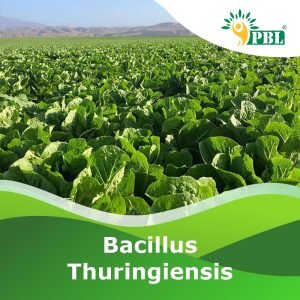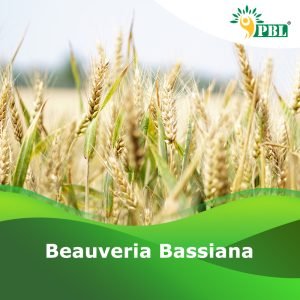Bio-Insecticides
What are Bio-Insecticides and why they are important
Bio-Insecticides are pest control products which are made from natural sources like certain bacteria, fungi, viruses or plant extracts. They work differently from chemical insecticides. Chemical ones usually kill all insects they touch, including the good ones. Bio-Insecticides act in a more selective way. They can infect the pest, stop them from eating, stop them from laying eggs, or make the crop less attractive so pests move away. This targeted action makes them safer for beneficial insects, the surrounding environment and for the soil in the long term.
They can be an important part of an integrated pest management program. In organic farming they are essential because no synthetic chemicals are allowed. In conventional farming also they are useful when growers want to reduce the number of chemical sprays and stop resistance build up. Some Bio-Insecticides infect the pests and then multiply inside their body. Some paralyze the pest nervous system or damage the gut so the insect stops eating and dies.
Where they are used
Bio-Insecticides are used in many crops where pest problems are frequent. In vegetables like chilli, brinjal, cabbage and tomato they help manage caterpillars, sucking pests and whiteflies. In field crops such as cotton, paddy and pulses they are used during flowering and pod formation to protect yield. In fruit crops like mango, guava and citrus they are preferred because markets demand low or zero chemical residues.
Types we offer
We have a full range of Bio-Insecticides for different pests. Beauveria bassiana is a fungus that attacks soft bodied insects like whiteflies, thrips and caterpillars by entering their body and growing inside. Metarhizium anisopliae is very good for soil pests like termites and root grubs which are hard to control with sprays. Verticilium lecanii works on sucking pests such as aphids, mealybugs and scales. Bacillus thuringiensis or Bt is a bacteria that produces proteins toxic to larvae of moths and butterflies and is widely used in vegetable crops. Verticillium chlamydosporium targets plant parasitic nematodes by infecting their eggs and reducing the population in soil.
All these products are available in bulk and can be customised for brands who want to sell them under their own name. They have high spore counts and good shelf life.
Showing all 9 results









